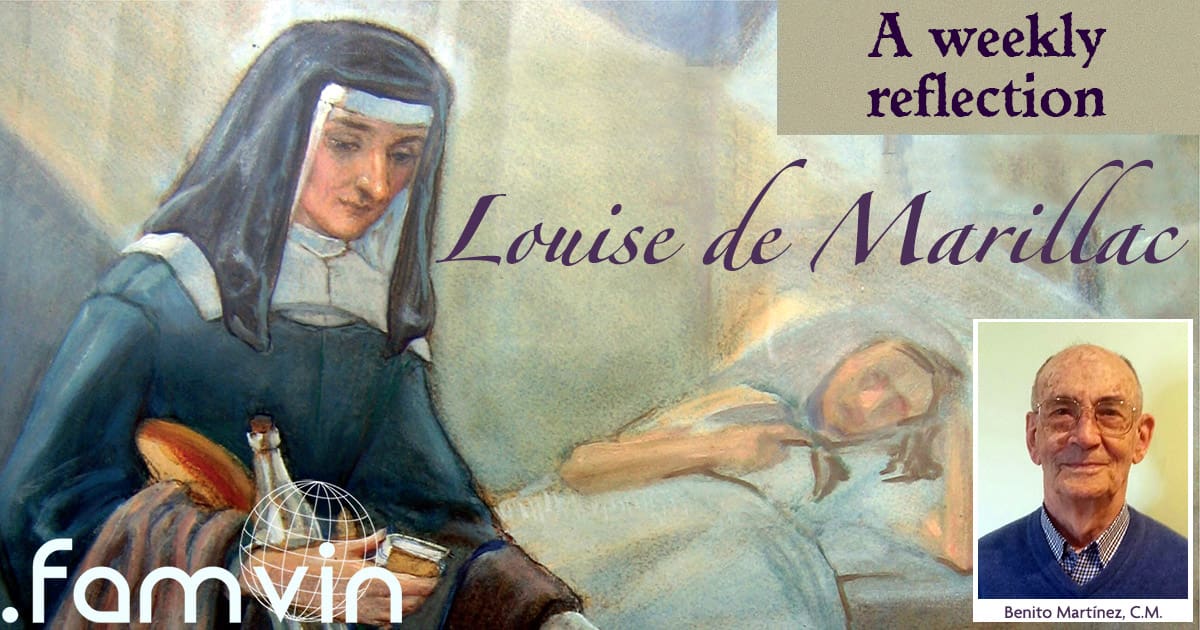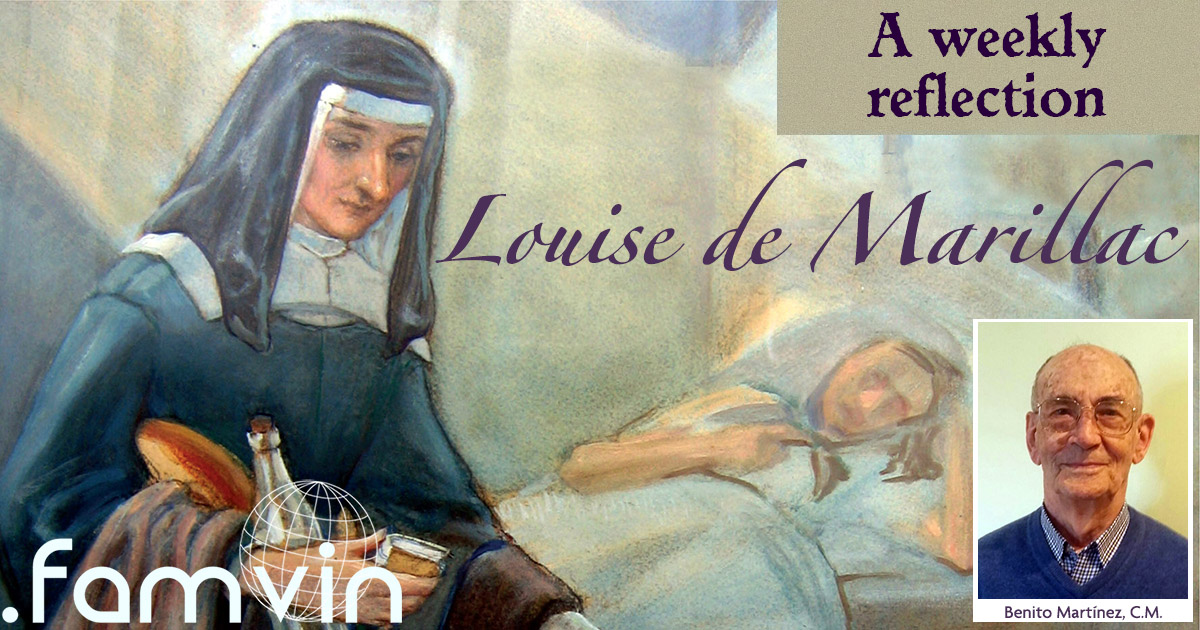Death and Resurrection • A Weekly Reflection with Louise
“On Easter Sunday, my meditation was on my desire to rise with Our Lord. Since, without death, there can be no Resurrection, I realized that it was my evil inclinations which must die and that I must die completely to myself by deadening my passions and desires. I saw clearly that of myself I could never hope to achieve this, but it seemed to me that our good God was asking it of me. Therefore, I gave Him my full consent to operate in me by His power whatever He willed to see accomplished.” (A 12).
Louise de Marillac, Text of a kind of diary that Louise de Marillac wrote at the end of her life.
Reflection:
- The Apostles and the first Christians only announced the resurrection of Jesus Christ: Peter on the day of Pentecost, Paul in Athens and before the Sanhedrin, for if Christ was resurrected, His message is true and His person is the Truth.
- When Christianity was a reality spread throughout the Roman Empire, the emperor Decius feared that the Saxon and Slav peoples would pass the Danube and conquer the Empire. To strengthen the empire, he advocated religious unity through the worship of the Roman gods with the edict of the year 250. Many Christians apostatized and, in order to strengthen them in the faith, he appealed to the sentiment, accentuating the Passion of Jesus Christ.
- Also Miss Le Gras had tender moments when meditating on the Passion of Jesus: “Jesus thirsted on the Cross after He saw that all had been accomplished. His afflicted body, like a deer, sought the relief of water. He suffered a double thirst: that of His body and that of His spirit. He bears witness to this by crying out simply, ‘I thirst.’ His refusal to swallow the drink offered to Him reveals His desire to reunite His divine Person to the Father and the Holy Spirit. His third cry expresses His thirst to apply His merits to all souls created for paradise.” (Louise, Spiritual Writings, A. 21).
- But she arrives at the resurrection in daily life: “I beg all of them, for the love of the death of our dear Master, to renew themselves in His Resurrection, receiving the peace that He gave us so many times in the person of His Apostles. However, let us be on guard. He did not grant this peace to them in idleness, but in work and in the remembrance of the wounds He suffered for us. We are taught through this that we can have no peace with God, with our neighbor or with ourselves unless Jesus Christ gives it to us, and that He will only give it to us through the merits of His wounds and sufferings, which will only be applied to us through our mortification of self, which we acquire by imitating Him in accomplishing the most holy will of God.” (L. 174).
- It is the mission assumed by all branches of the Vincentian Family to live it daily: to live in peace with God, with oneself, with all members of each branch and with one’s neighbor, especially with the poor.
- But this has to be made with the effort of each one. It’s difficult and hard. However, we must always keep in mind that it is the law that Christ put to all who followed him: only the forced will reach the kingdom of heaven.
Questions for dialogue:
- What attracts you most, the Passion or Resurrection of Jesus Christ? Do one of both have to attract you more, or are they inseparable? Why?
- Is living in peace with God, with oneself and with one’s neighbor a summary of all spirituality? Can we live in peace when there are still poor people around us?
- What is the origin of the poverties in the world today? List them.
- Peace is necessary for well-being, and yet many States encourage wars to enrich themselves. Could it be said that wars are the Passion and peace the Resurrection?
Benito Martínez, C.M.








0 Comments